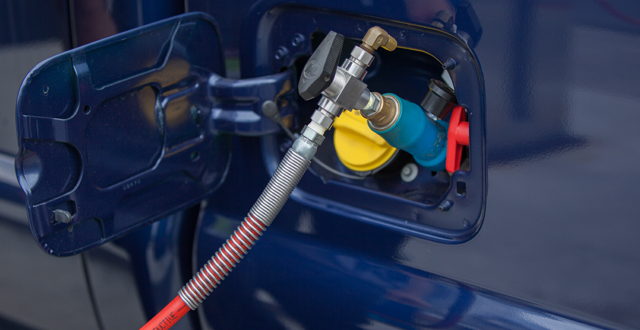About LNG
Compressed natural gas has the same properties as natural gas in its gaseous state. When compressed to 300 times atmospheric pressure, its volume is significantly reduced. Stored in high-pressure tanks, it is particularly well suited for short daily routes such as public transit, delivery vehicles and waste collection trucks.
Supply chain dynamics
To fuel CNG vehicles, natural gas from Énergir’s network is first compressed to a volume 300 times smaller than diesel or gasoline. It is then stored in high-pressure tanks at public natural gas refuelling stations. This network of stations allows light-, medium- and heavy-duty vehicles on short daily routes to refuel with a range of up to 1,000 kilometres per fill-up.

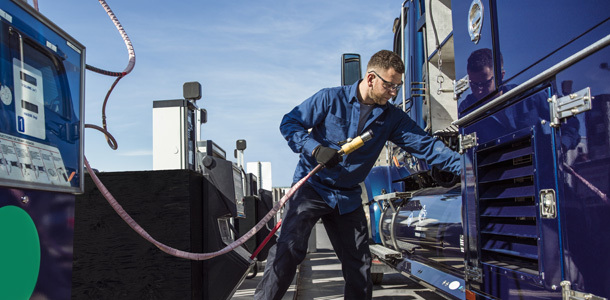
A growing network of refuelling stations
Canada’s first public network of compressed natural gas refuelling stations for the transportation sector was launched in 2011. Some of these stations are located along the A-20/H-401 corridor between the Quebec City region and Toronto. The network continues to expand strategically across Quebec and Ontario, with new public refuelling stations being added based on market demand.
Imagine energy differently
We believe the future of energy lies in diversification. That’s why Énergir and its subsidiaries are actively involved in developing renewable natural gas and liquefied and compressed natural gas, as well as solar, wind and electricity projects.
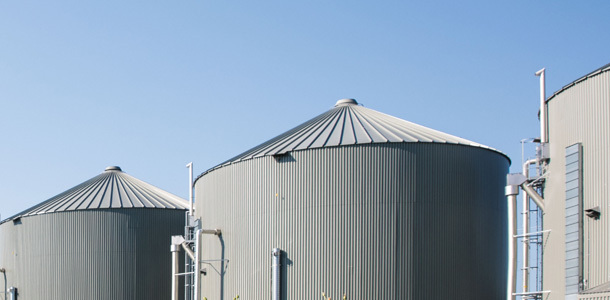
Renewable natural gas
Produced from organic waste, renewable natural gas (RNG) is a 100% renewable energy source that can replace fossil fuels. It works just like conventional natural gas, with no equipment changes required, but significantly reduces greenhouse gas emissions from fossil sources.
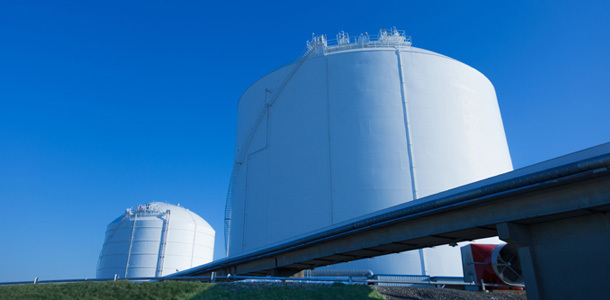
Liquefied natural gas
Liquefied natural gas (LNG) is natural gas that has been converted from a gaseous to a liquid state.
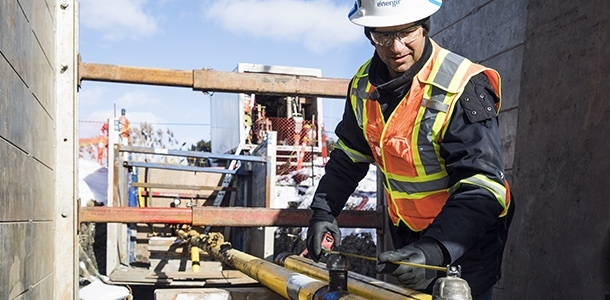
Natural gas distribution
Énergir is the leading natural gas distributor in Quebec and Vermont, through its subsidiary.
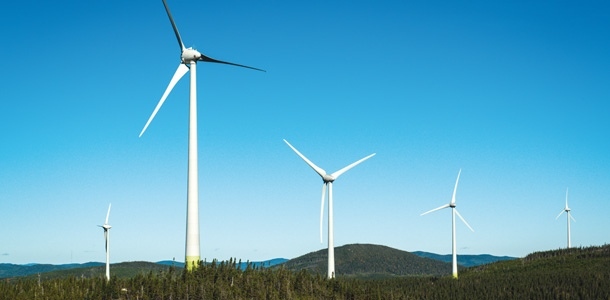
Other energy sources
Énergir and its subsidiaries invest in renewable wind, solar and electricity power projects across Quebec and Vermont.
1 Ministère du Développement durable, Environnement et Lutte contre les changements climatiques : GES 1990-2022 Quebec inventory of greenhouse gas emissions in 2022 and their evolution since 1990.
2 According to MELCCFP’s Guide de quantification des émissions de gaz à effet de serre, 2025, 126 p. (PDF, in French only)

